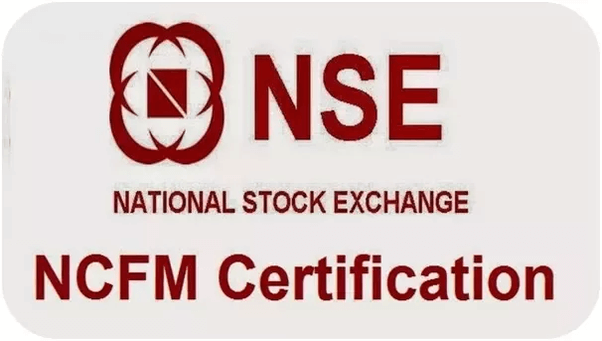NSE’s Certification in Financial Markets is an online testing and certification program offered by the National Stock Exchange of India. It’s designed for beginners in the stock market who want to learn and assess their skills. This program includes beginner, mid-level, and advanced modules covering various aspects of capital markets. It provides a cost-effective alternative to international certifications like CMT (Chartered Market Technician) and CFA (Chartered Financial Analyst), which have substantial certification fees. NCFM certification has gained recognition among employers in recent times.

This article aims to share the real-life examination experience of the NCFM beginner’s certification titled “Financial Markets – A Beginner’s module.” This certification is essential for individuals who want to start a career in financial markets or grasp the fundamentals. It assesses knowledge of financial market basics, the difference between primary and secondary markets, concepts related to derivatives, and financial statement analysis.
Registration
To register for the Certification Test, please visit the NCFM section on the NSE’s website. Here’s a quick link: http://www.nseindia.com/education/content/module_ncfm.htm
The test fee is approximately 1700 Rupees at the time of publishing this article, which includes preparation materials sent to your registered address by NSE. After registration and payment, you can select the test venue and time. We recommend booking your slot in advance, especially on weekends in metropolitan areas.
Also Read: Top 5 Stock Market Certification Exams
Syllabus
The material sent to you is essentially a booklet containing comprehensive study material covering the module’s syllabus. You can download this syllabus from NSE’s website. It’s essential to go through this study material at least twice before taking the exam since most of the questions are based on it. Additionally, this study material is beginner-friendly and highly informative.
Time for preparation
Ideally, you should allocate two weeks for exam preparation, and perhaps a week more if you come from a non-math or finance background. The exam includes up to 25% numerical questions covering topics like compound interest, inflation rates, brokerage calculations, etc. Apart from these numerical questions, all other questions are straightforward and directly derived from the study material. In total, there are 60 questions worth 100 marks. You need to score a minimum of 50 to pass, and there’s no negative marking. You’re allowed to use a calculator during the exam, and the total duration is 120 minutes.
Exam
Given the exam’s level of difficulty, a well-prepared candidate can typically complete it in under an hour. Your score will be displayed immediately after submission, and if you score over 80%, you’ll receive an on-the-spot printed certificate.
I prepared for two weeks and thoroughly reviewed the study material twice. Coming from a math background, the numerical questions were straightforward for me, and I completed the entire exam in less than an hour.
Best of luck with your exam. Feel free to post your queries.





One Comment